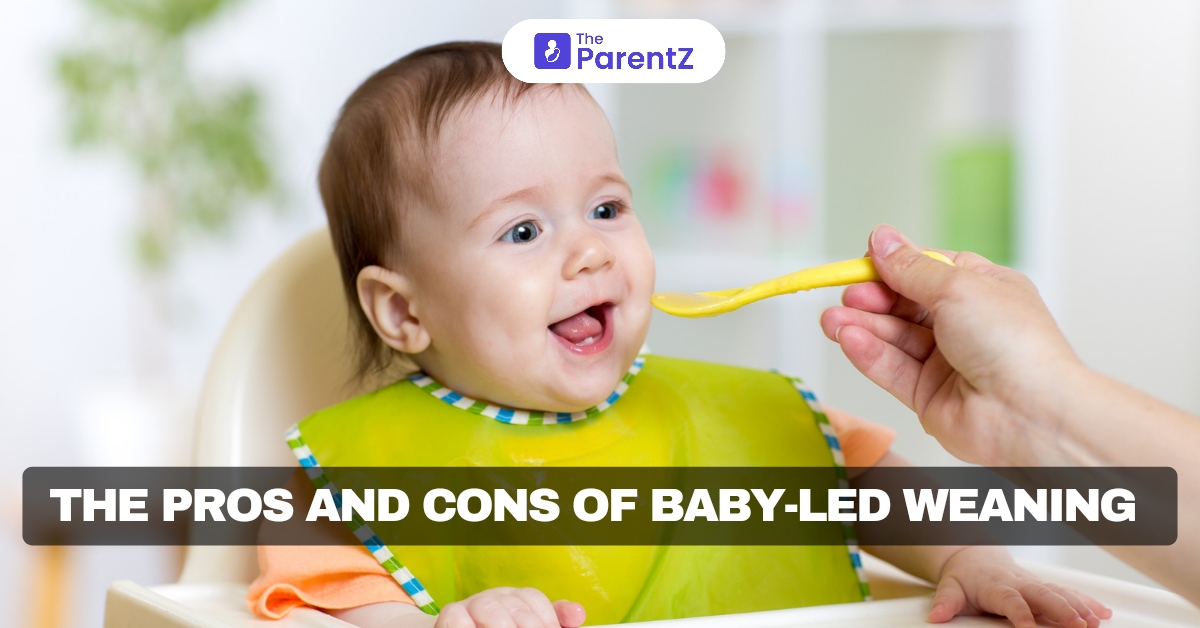Baby-led weaning (BLW) has gained popularity among parents as an alternative approach to introducing solid foods to infants. Unlike traditional spoon-feeding, BLW allows babies to feed themselves with finger foods from the start. While this method has its proponents, it also comes with its own set of challenges. This article explores the pros and cons of baby-led weaning to help parents make an informed decision.
The Pros of Baby-Led Weaning
- Promotes Independence: BLW encourages babies to take control of their eating habits from an early age. This can foster independence and help them develop a healthy relationship with food.
- Enhanced Motor Skills: Handling different textures and sizes of food helps babies develop fine motor skills and hand-eye coordination.
- Family Mealtime Integration: Since babies eat the same foods as the rest of the family, BLW promotes family bonding and allows the baby to participate in family meals.
- Variety in Diet: BLW exposes babies to a wide range of tastes and textures, which may reduce the likelihood of picky eating as they grow older.
- Natural Appetite Regulation: Babies learn to recognize their hunger and fullness cues, potentially leading to healthier eating habits later in life.
The Cons of Baby-Led Weaning
- Choking Risks: One of the biggest concerns with BLW is the potential choking hazard. It’s crucial for parents to be vigilant and informed about safe food choices.
- Messier Mealtimes: BLW can be messier compared to spoon-feeding, which may require more cleanup and patience from parents.
- Nutritional Concerns: Ensuring that babies receive adequate nutrition, especially iron and other essential nutrients, can be challenging with BLW. Parents may need to supplement or carefully plan meals.
- Time-Consuming: Preparing appropriate finger foods and monitoring the baby during mealtime can be time-consuming, particularly for busy parents.
- Limited Early Intake: Some babies may consume less food initially with BLW, leading to concerns about their growth and development.
Conclusion
Baby-led weaning offers numerous benefits, such as promoting independence and enhancing motor skills, but it also comes with potential risks like choking and nutritional challenges. Parents considering BLW should weigh these pros and cons carefully and consult with a pediatrician to ensure their baby’s health and safety.





Be the first one to comment on this story.